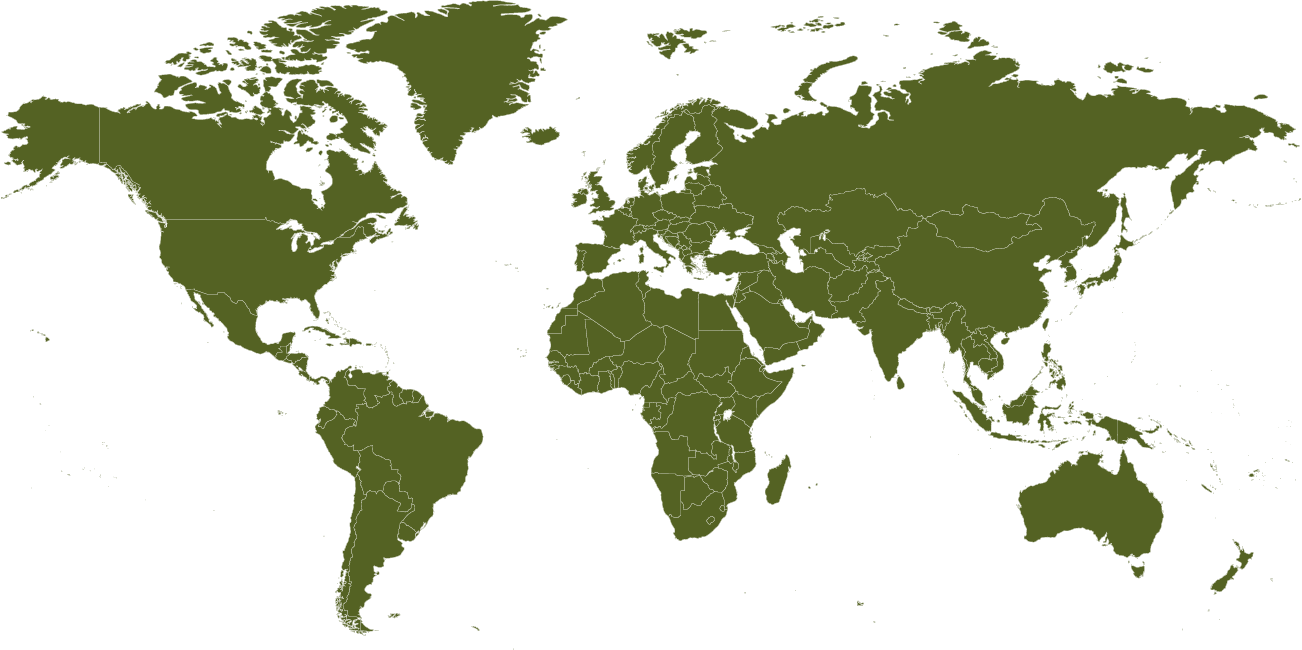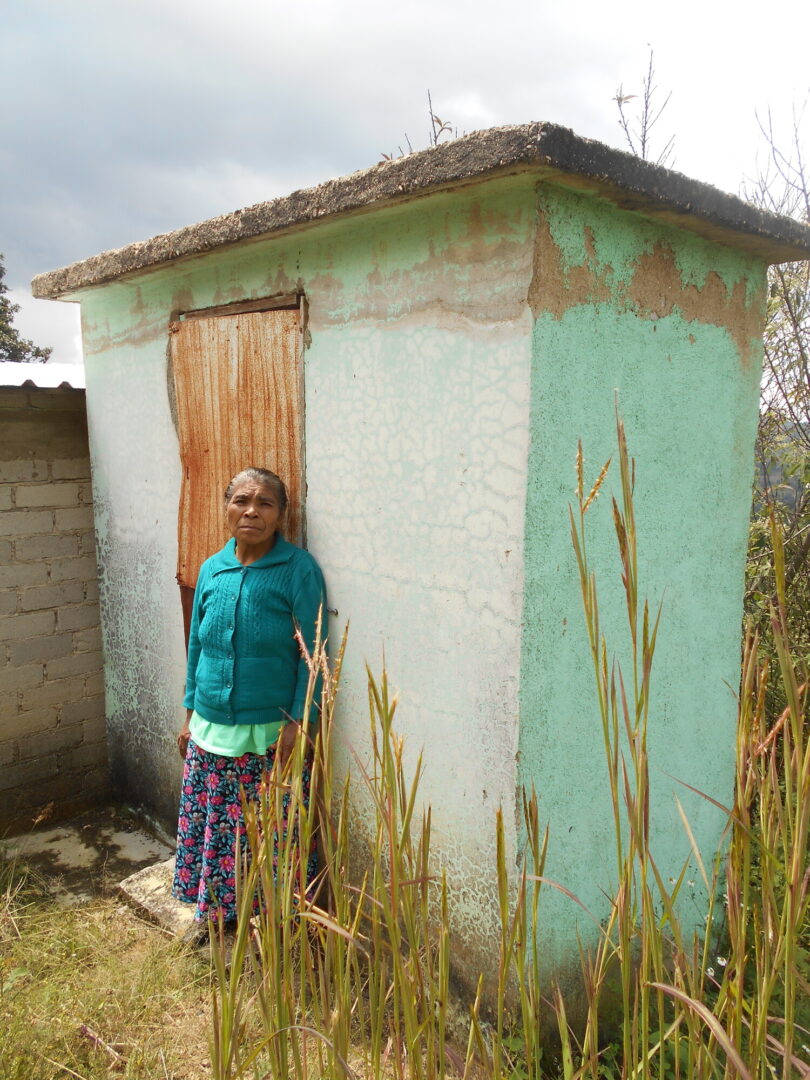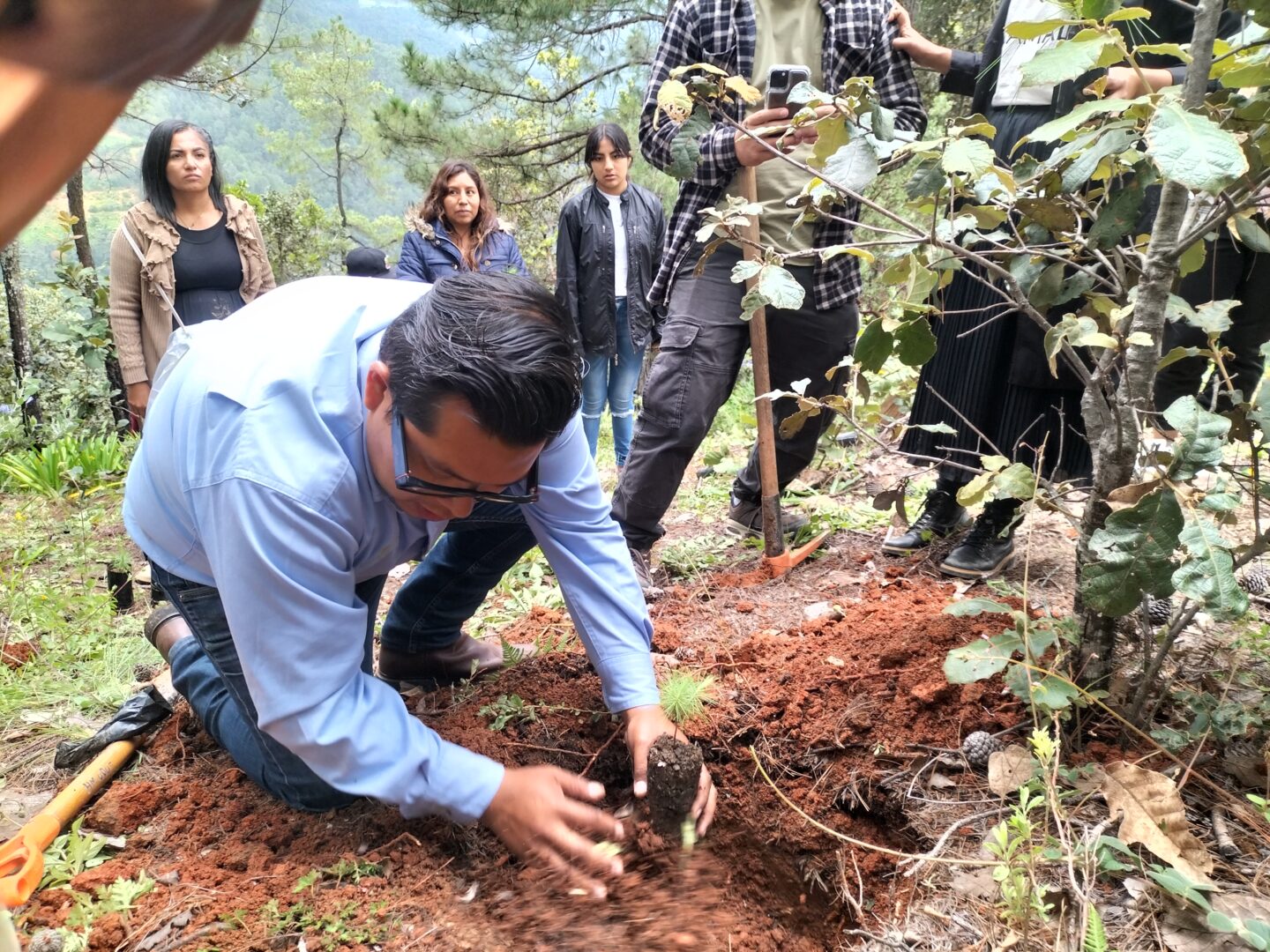Together...We Can Create
A World Where People
and Planet Flourish
and Planet Flourish
trees planted and counting
Christians caring for creation and cutting poverty in half
Christians caring for creation and cutting poverty in half
A Global Challenge
Poverty and
environmental
destruction are a cycle.
In rural communities across the globe, deforestation depletes land, reduces crop yields, and deepens poverty. Families are forced to choose between feeding their children or preserving their environment. It's a cycle, but it can be reversed.


Purpose Groups
Reverse the Cycle

Participants have increased their income by 325%
Income

83% increase in regenerative agriculture
Soil

Participants plant 9x as many trees
Trees

94% of participants' churches promote creation care
Faith
Plant With Purpose restores relationships between people,
with land, and with God by forming Purpose Groups.
with land, and with God by forming Purpose Groups.
Purpose Groups are also a savings and lending platform, creating new income opportunities and pathways out of poverty.
Purpose Groups are a Farmer Field School, where members learn and practice regenerative agriculture in a peer-to-peer setting.
Purpose Groups plant trees to restore ecosystems, stop erosion, and protect water sources.
Purpose Group members grow spiritually through mutual support and partnerships with local churches.
THIS COMMUNITY LED RESTORATION
CUTS POVERTY IN HALF
CUTS POVERTY IN HALF
Where We Work
Thailand
Tanzania
Mexico
Malawi
Haiti
Ethiopia
Dominican Republic
Democratic Republic of the Congo
Burundi
USA
Our Global Headquarters:
5075 Shoreham Place, Suite 240
San Diego, CA 92122
858.274.3718
[email protected]
5075 Shoreham Place, Suite 240
San Diego, CA 92122
858.274.3718
[email protected]

Meet Natége
For Natége in Haiti, the restoration of the land and the renewal of community relationships are deeply tied to faith.
"When I am taking care of the trees in my yard, I feel that God is always present in my life."
–Natége

Meet Kagabo
Kagabo’s life transformed after joining a Purpose Group. Learning regenerative farming techniques helped him increase his harvest and provide for his family.
"I didn’t have opportunities like this before Plant With Purpose."
–Kagabo

Meet Carolina
Her participation in the Purpose Group not only helped her family’s financial situation but also gave Carolina a sense of purpose and connection.
“Through nature, God gives us many things. Mainly, He gives us food.”
–Carolina

Plant a Tree for $1
Each tree you plant helps restore land, fight poverty, and support farmers like Natége, Kagabo, and Carolina. It’s a small gift that grows lasting change.
Every tree you plant helps a family thrive.

Slide
Learn more about how we plant trees...
Want to Dig Deeper?
Ways you can
be involved:
be involved:

Plant With Purpose is a Christian environmental nonprofit working to end rural poverty by planting trees, restoring ecosystems, and empowering communities through faith-based regenerative agriculture. Our work reverses the cycle of poverty and deforestation by equipping families with tools to build resilience, restore their land, and thrive with dignity.
















